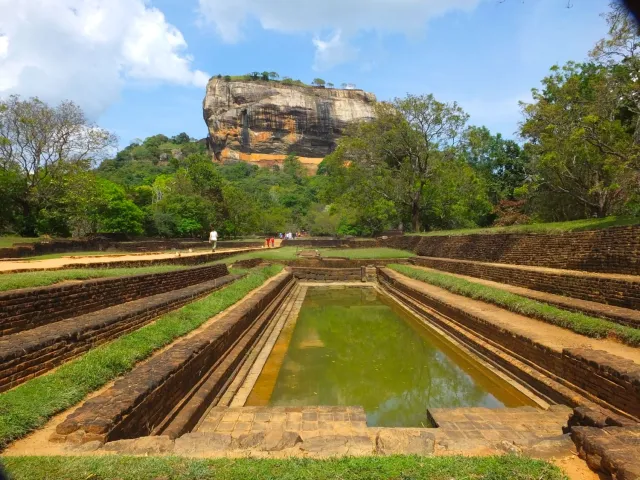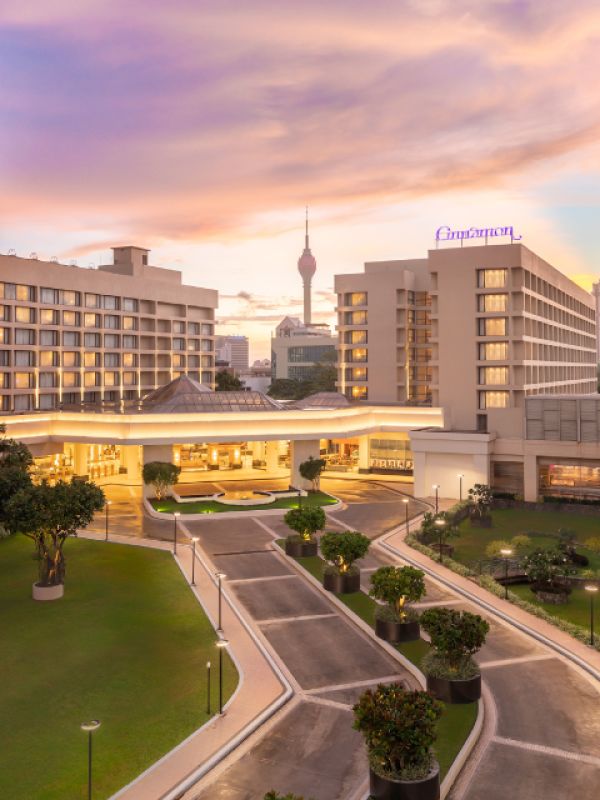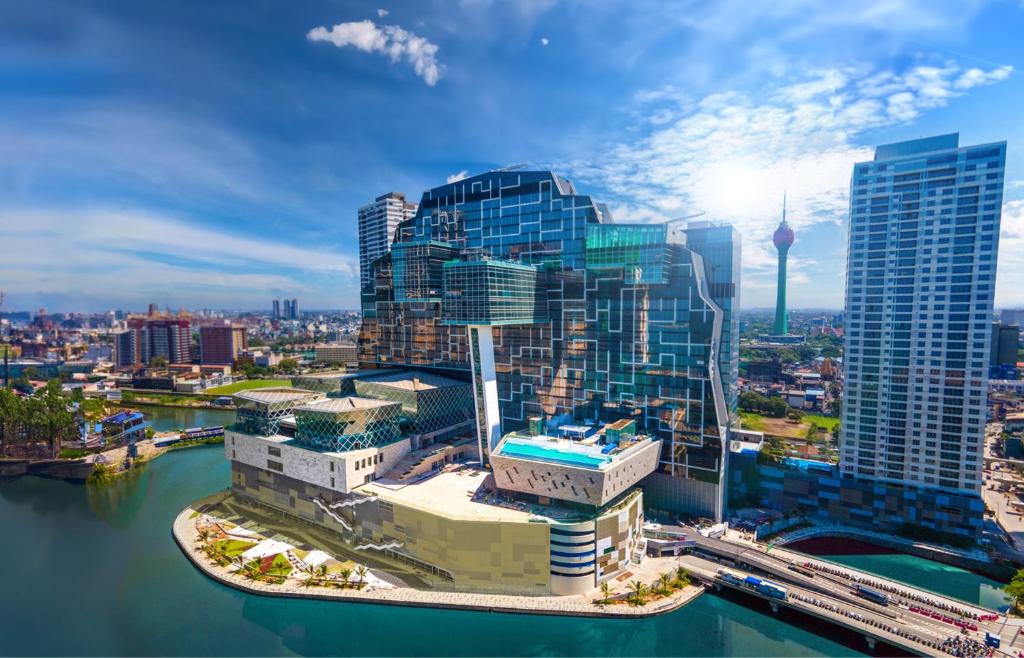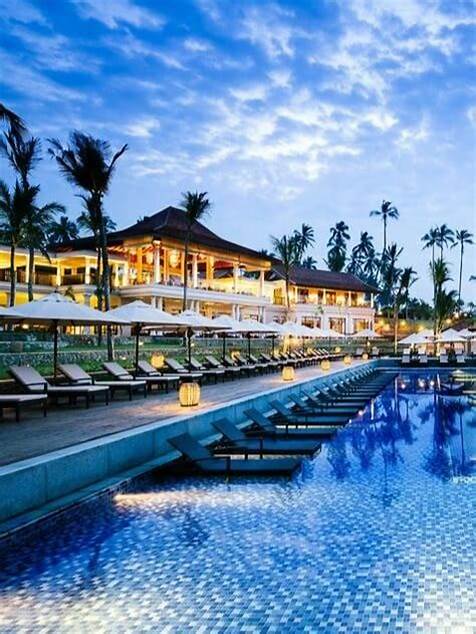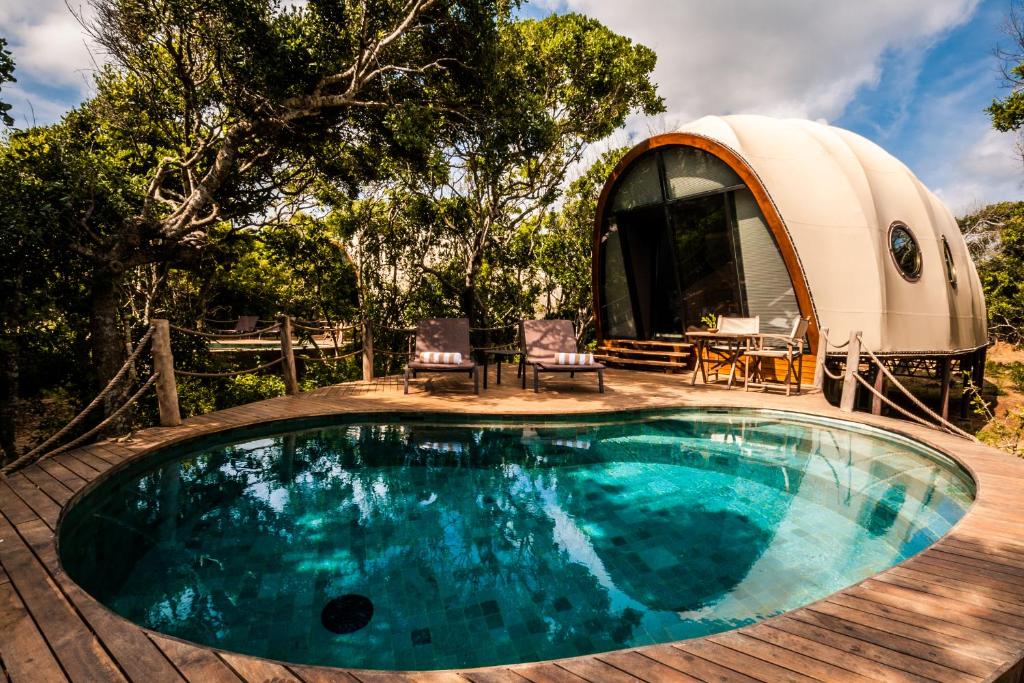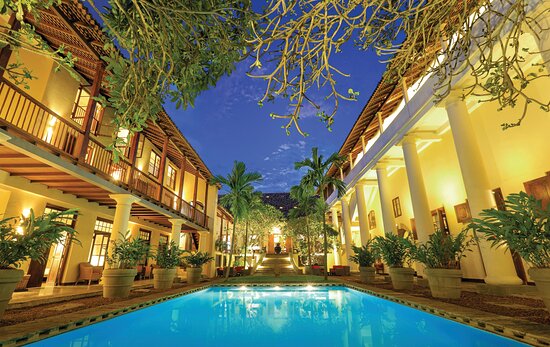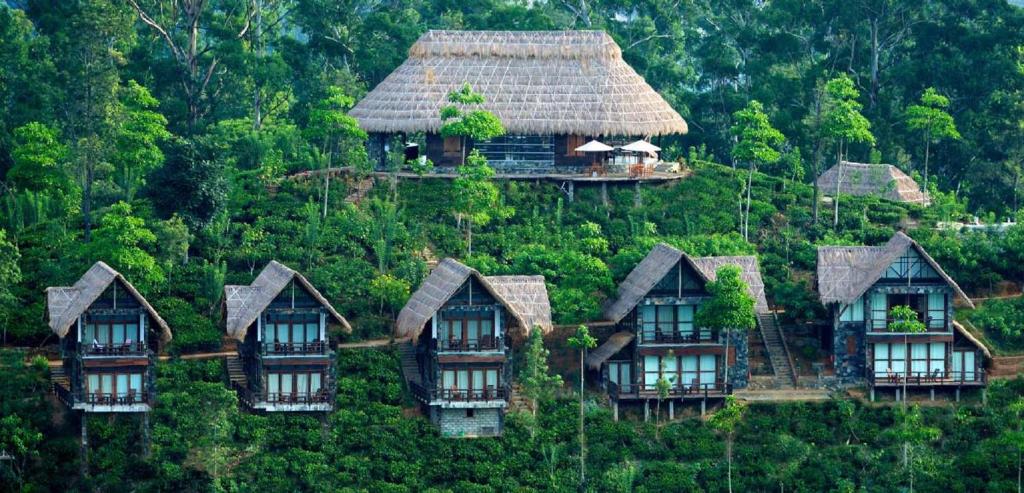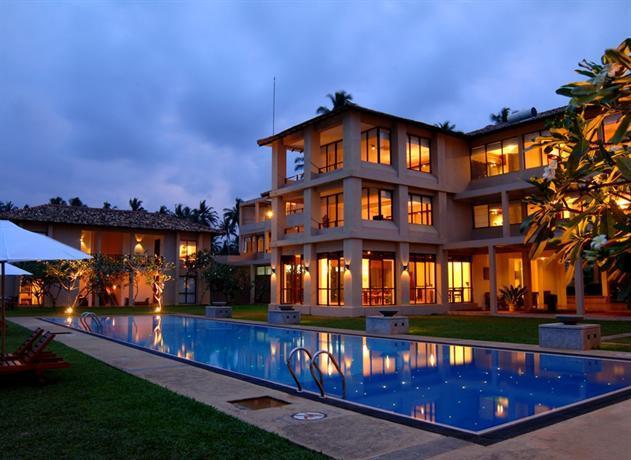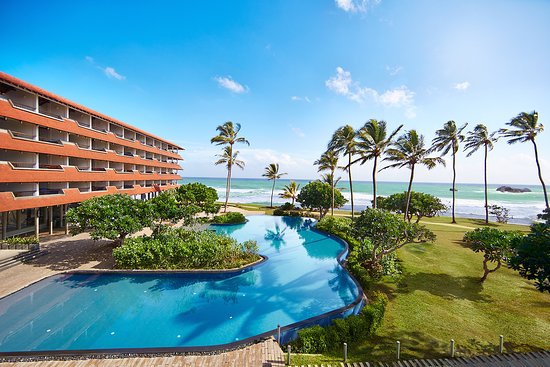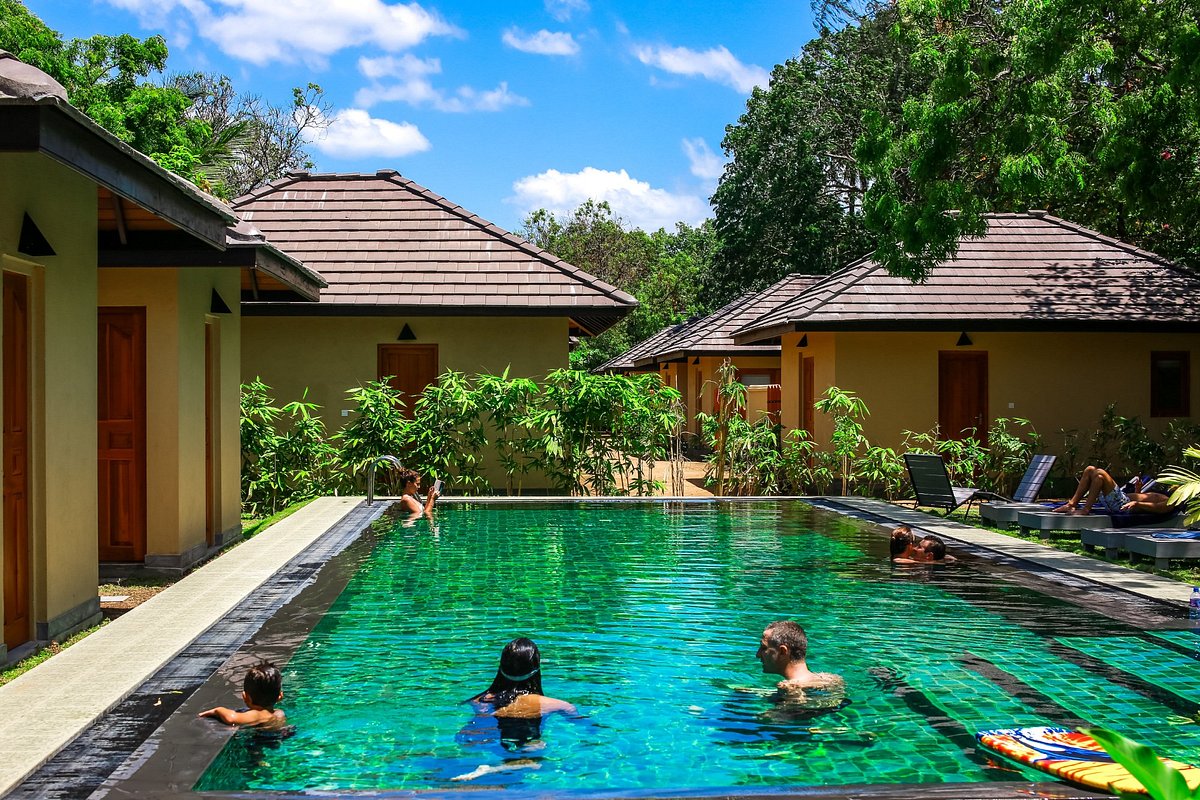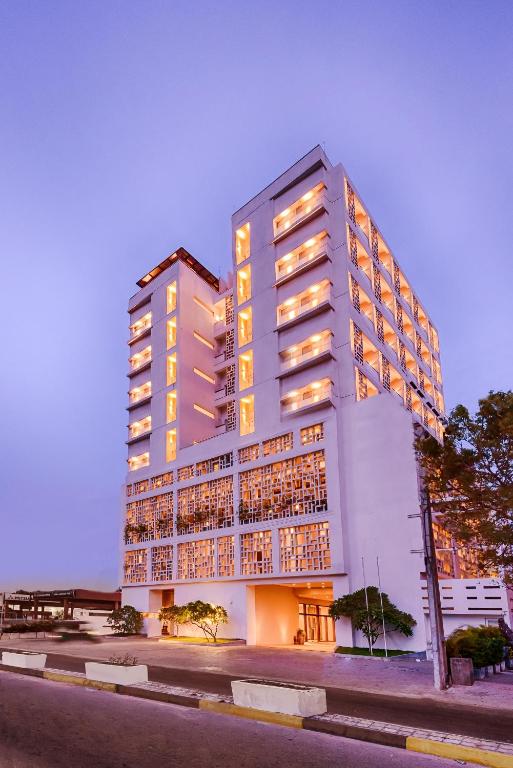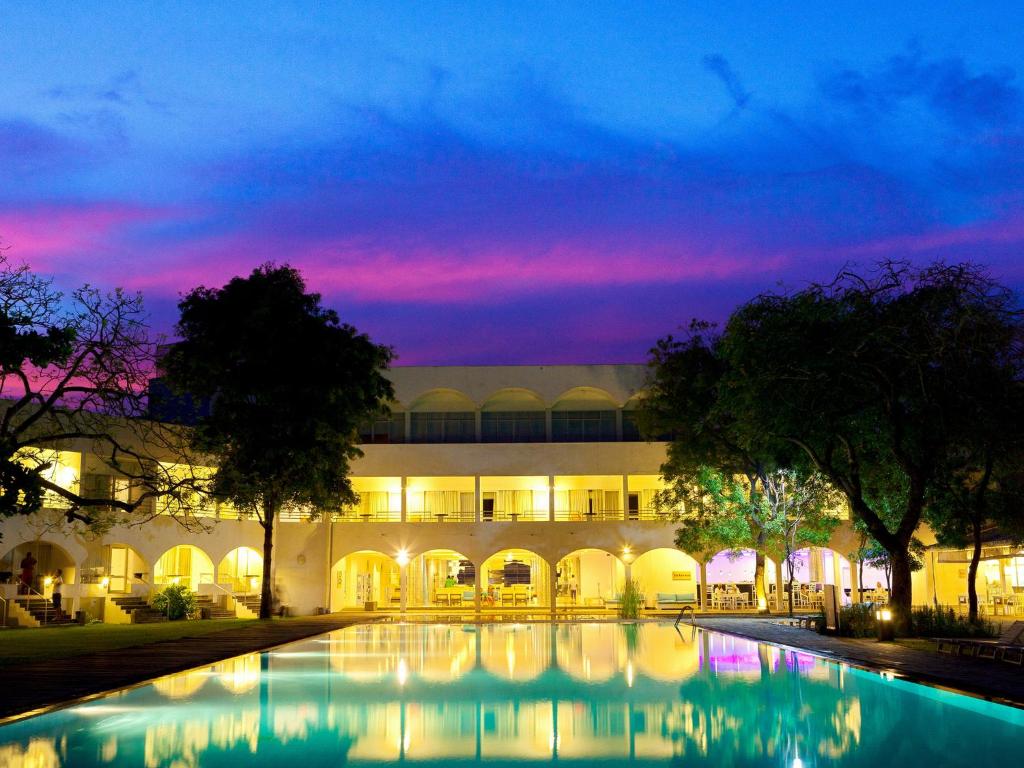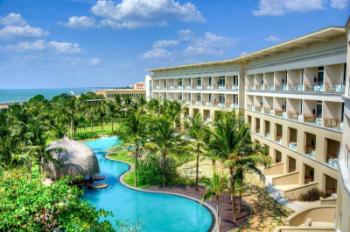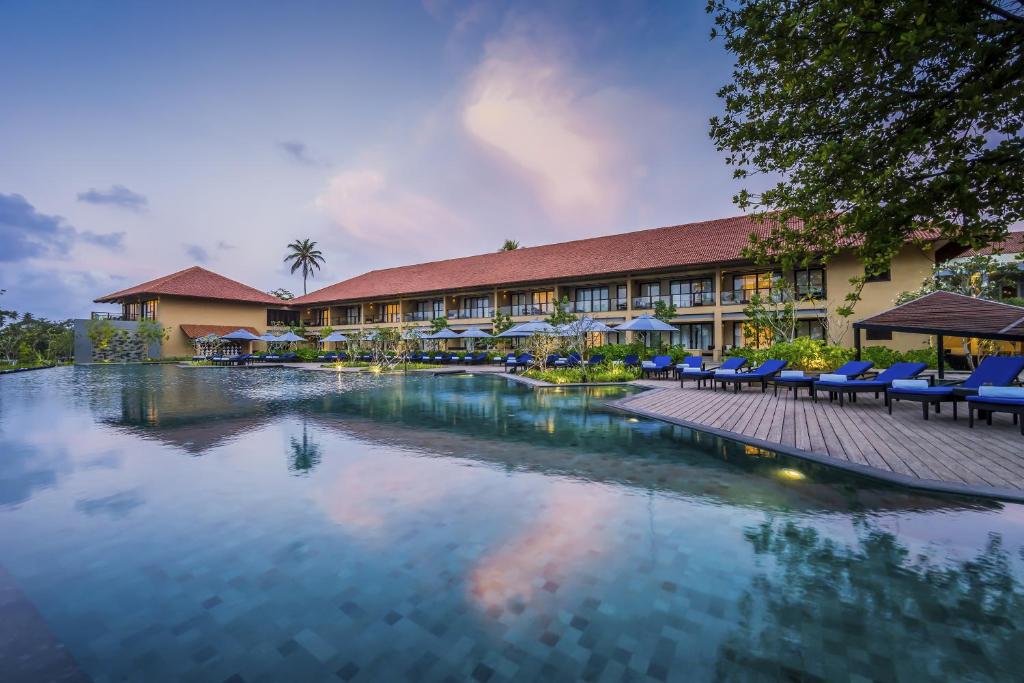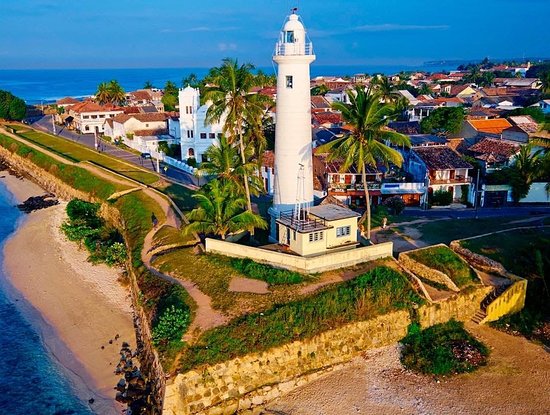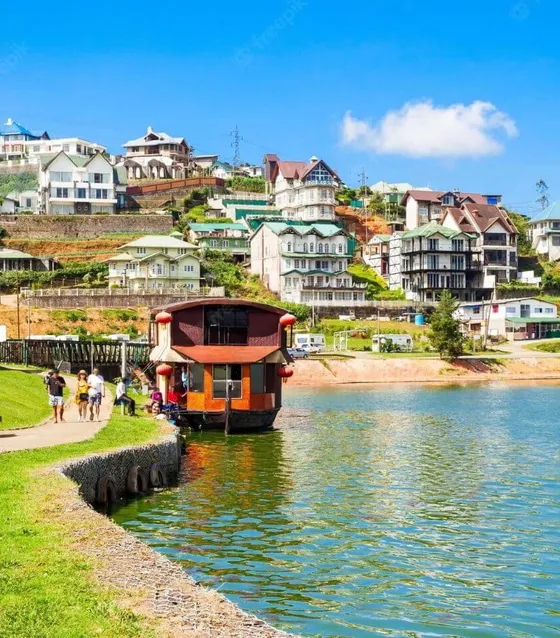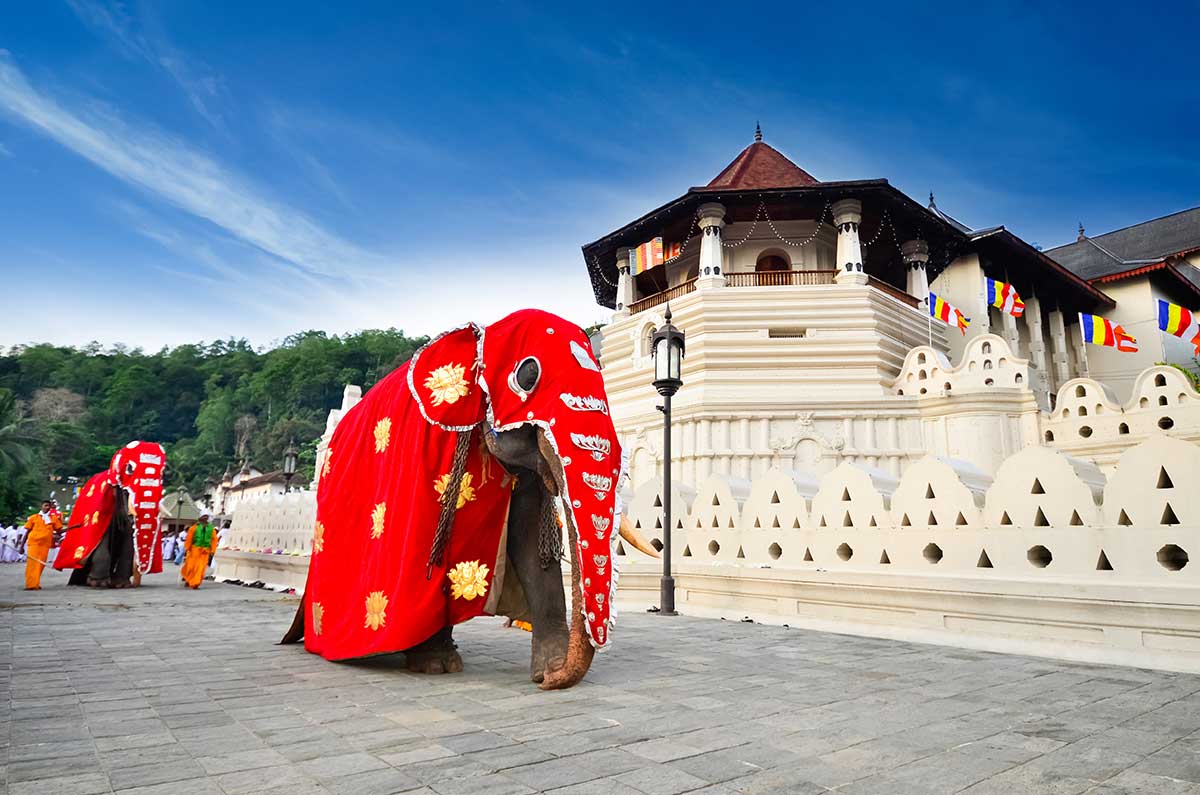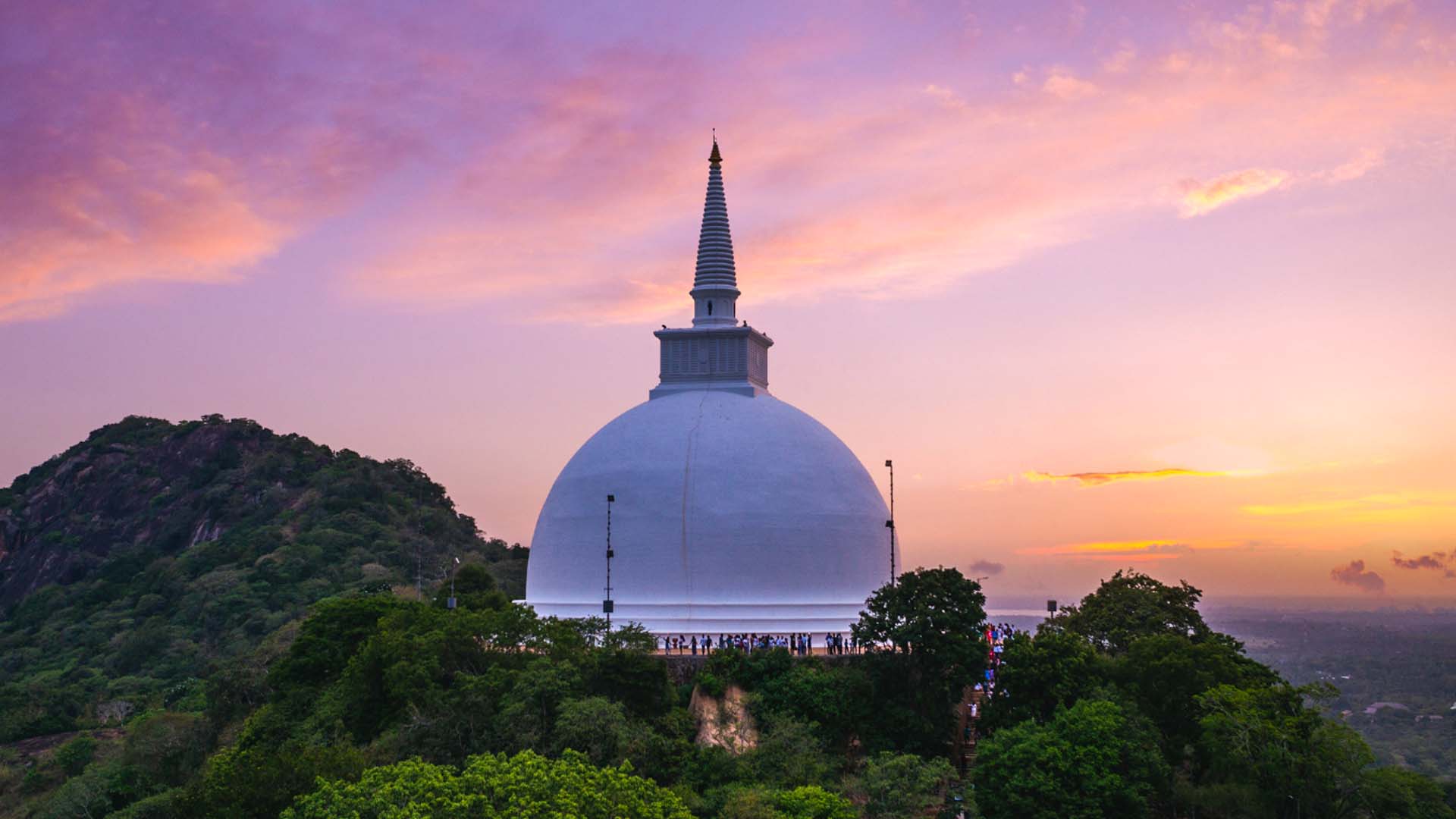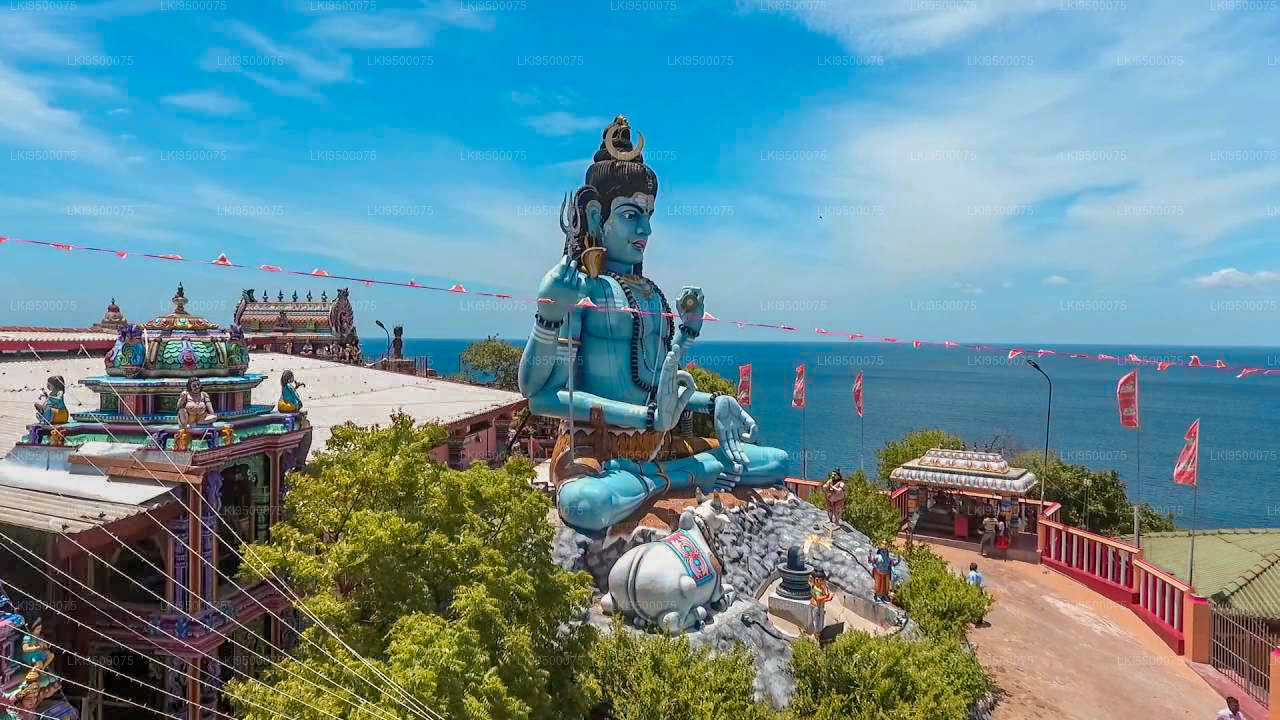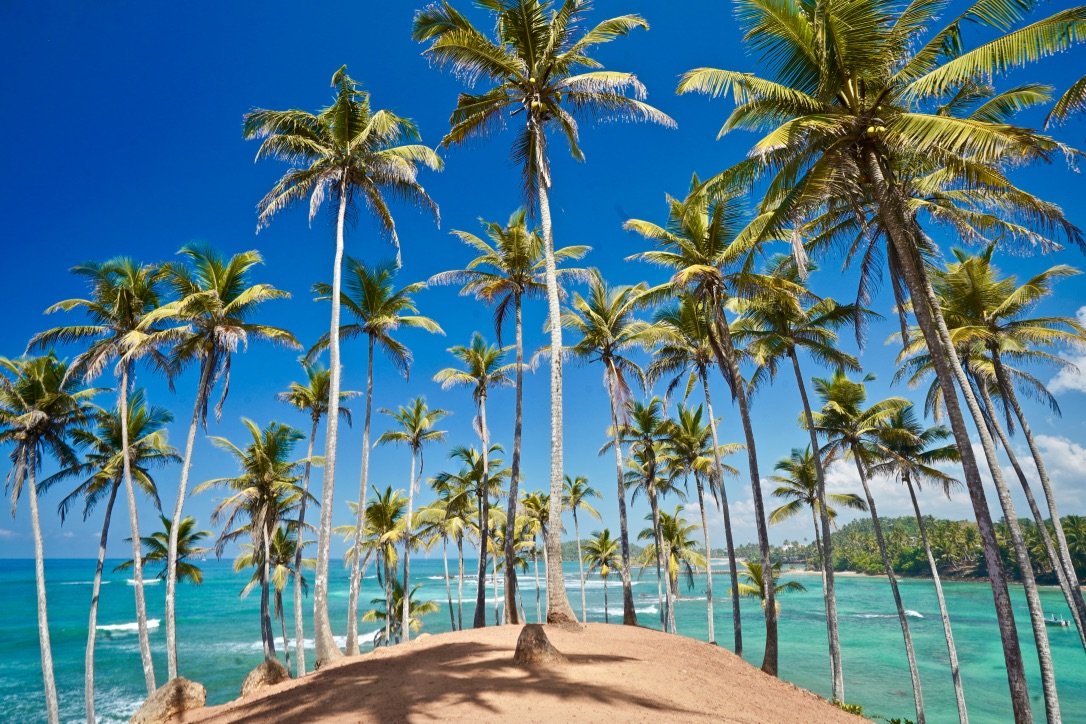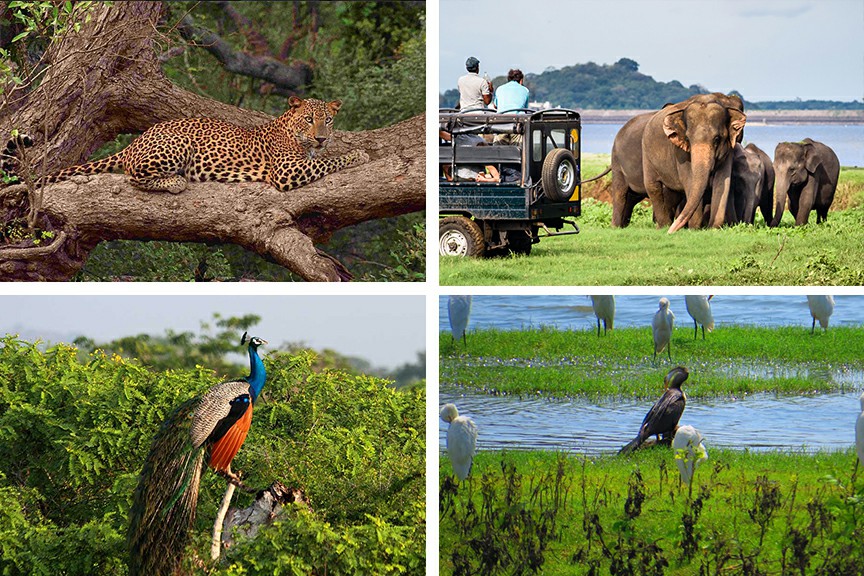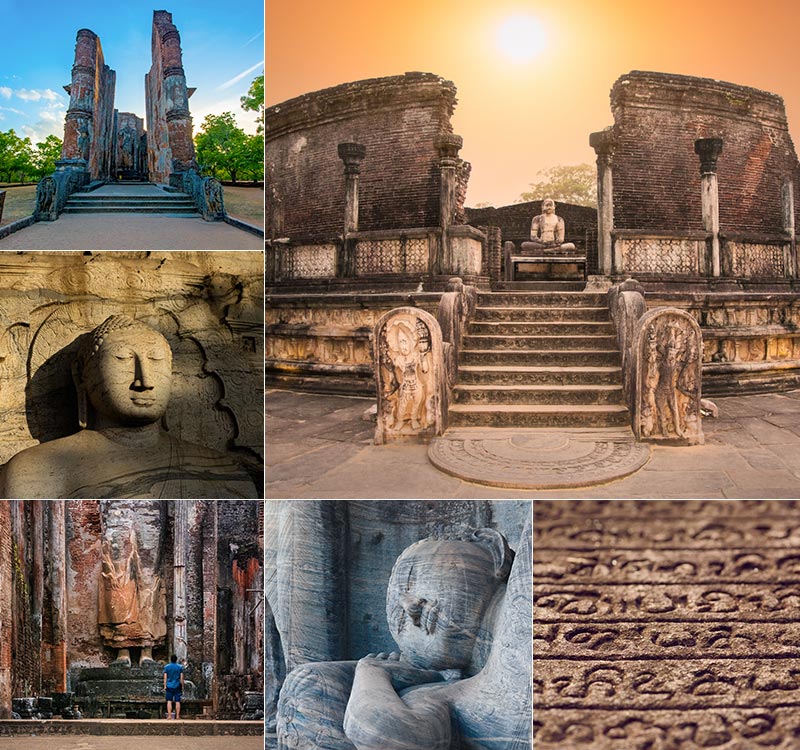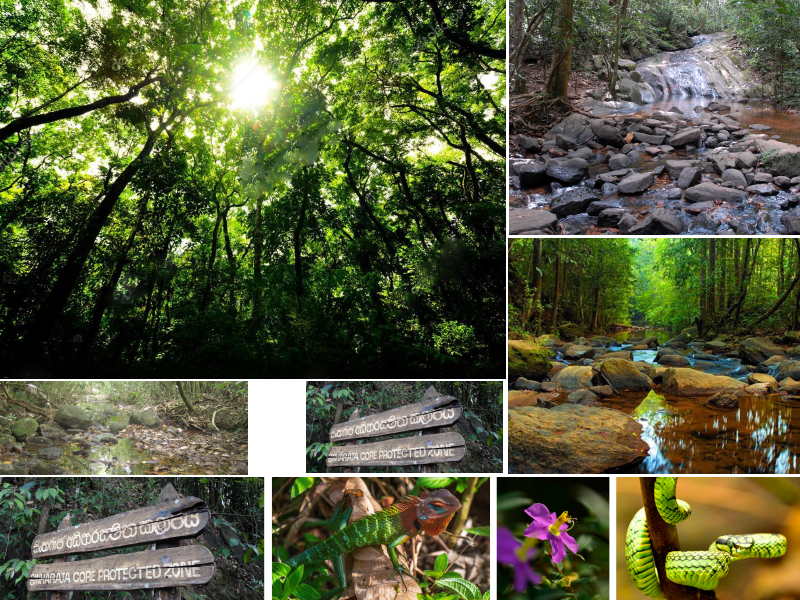Sri Lanka's history spans over 3,000 years, with evidence of prehistoric human settlements dating back at least 125,000 years. The island's strategic location made it an important stop on ancient maritime trade routes.
Ancient Kingdoms (543 BC - 1815 AD)
The Sinhalese kingdoms developed advanced hydraulic systems and built magnificent structures like Sigiriya and the ancient cities of Anuradhapura and Polonnaruwa. Buddhism was introduced in the 3rd century BC and became integral to Sri Lankan culture.
Colonial Era (1505-1948)
Portuguese (1505), Dutch (1658), and British (1796) colonizers arrived seeking spices and strategic advantages. The British unified the island in 1815 and introduced coffee, then tea plantations that still shape the economy today.
Modern Sri Lanka (1948-Present)
Gained independence in 1948 as Ceylon, became a republic in 1972 as Sri Lanka. Despite a 26-year civil war ending in 2009, the country has preserved its cultural heritage while developing as a popular tourist destination known for its beaches, wildlife, and ancient sites.
